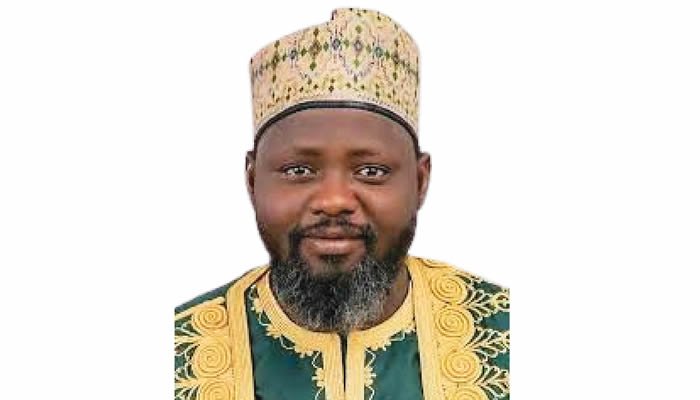Paragraph 1: Revitalizing Sokoto’s Educational Infrastructure:
Governor Ahmed Aliyu’s administration in Sokoto State has prioritized education, particularly science and technical education, since its inception two years ago. Recognizing the dilapidated state of technical schools, with dysfunctional workshops, ill-equipped laboratories, and crumbling infrastructure, the governor initiated a comprehensive overhaul. Increased budgetary allocation to education, in line with UNESCO recommendations, paved the way for significant infrastructural improvements. Schools across the state have benefited from renovations, expansions, and modernization of key facilities, creating a more conducive learning environment for students.
Paragraph 2: Impact on Manpower Development and Historical Significance:
This revitalization effort has had a profound impact on manpower development in Sokoto State. The state’s science and technical schools have historically been the breeding ground for professionals in various fields, including medicine, engineering, and academia. Nagarta College, the first Western school in northern Nigeria, has been a significant contributor, producing over 30% of the current health professionals in Sokoto. Other institutions like Government Girls’ College, Sokoto, and Government Science Secondary School have played crucial roles in shaping the state’s skilled workforce. These investments in education build upon a rich legacy of educational institutions in Sokoto, underscoring their continued importance in shaping the state’s human capital.
Paragraph 3: Improved Academic Performance and Holistic Approach:
Beyond infrastructure, the reforms have yielded positive results in student academic performance. Improvements in WASSCE results and other assessments demonstrate the impact of a better learning environment, modernized facilities, and enhanced teacher support. Governor Aliyu’s focus extends beyond physical structures, emphasizing the restoration of dignity to education and creating a foundation for future generations. This holistic approach recognizes that quality education involves more than just buildings; it requires investment in all aspects of the learning environment.
Paragraph 4: Embracing Technology and Addressing Contemporary Challenges:
The Ministry of Science and Technology is actively pursuing modernization efforts within the civil service through the integration of digital solutions and 21st-century technologies, including Artificial Intelligence. This initiative aims to create a more efficient and technology-driven public service. Moreover, the ministry plays a vital role in supporting other key sectors, including agriculture and health, by providing skilled manpower trained in its technical schools and polytechnics. Addressing the issue of brain drain in the health sector remains a challenge, with patriotism being highlighted as a key factor in retaining skilled professionals.
Paragraph 5: Addressing Security Concerns and Empowering Communities:
Security concerns led to the conversion of some boarding schools in vulnerable areas to day schools in 2021 and 2022. The ministry is actively working to reactivate these boarding facilities, prioritizing student safety through enhanced security measures, community involvement, and strategic relocation of students. Furthermore, the ministry has distributed essential scientific equipment, textbooks, and practical tools to all schools under its purview, strengthening vocational and technical skills development. The improved funding, upgraded facilities, and implementation of a new minimum wage for teachers are addressing historical challenges in the education sector.
Paragraph 6: Engaging Stakeholders and Aligning with National Goals:
Despite progress, challenges persist, including parental apathy and student demotivation. The ministry appeals to parents for greater commitment to their children’s education, urging regular attendance and timely resumption after breaks. Alignment with the Federal Government’s focus on technical education is evident in Sokoto State’s plans to upgrade technical schools, expand curricula, and incorporate emerging technologies. Education remains a cornerstone of Governor Aliyu’s SMART agenda, with a focus on youth empowerment and overall development. Empowerment programs for women, promoting clean energy adoption, and strategic funding management are also key priorities. The state’s commitment to free science and technical education, coupled with awareness campaigns and the Federal Government’s TIBET initiative, aims to further expand access and improve educational outcomes. By empowering school heads with direct funding, the government is fostering improved school administration and encouraging local ownership of the educational process.


